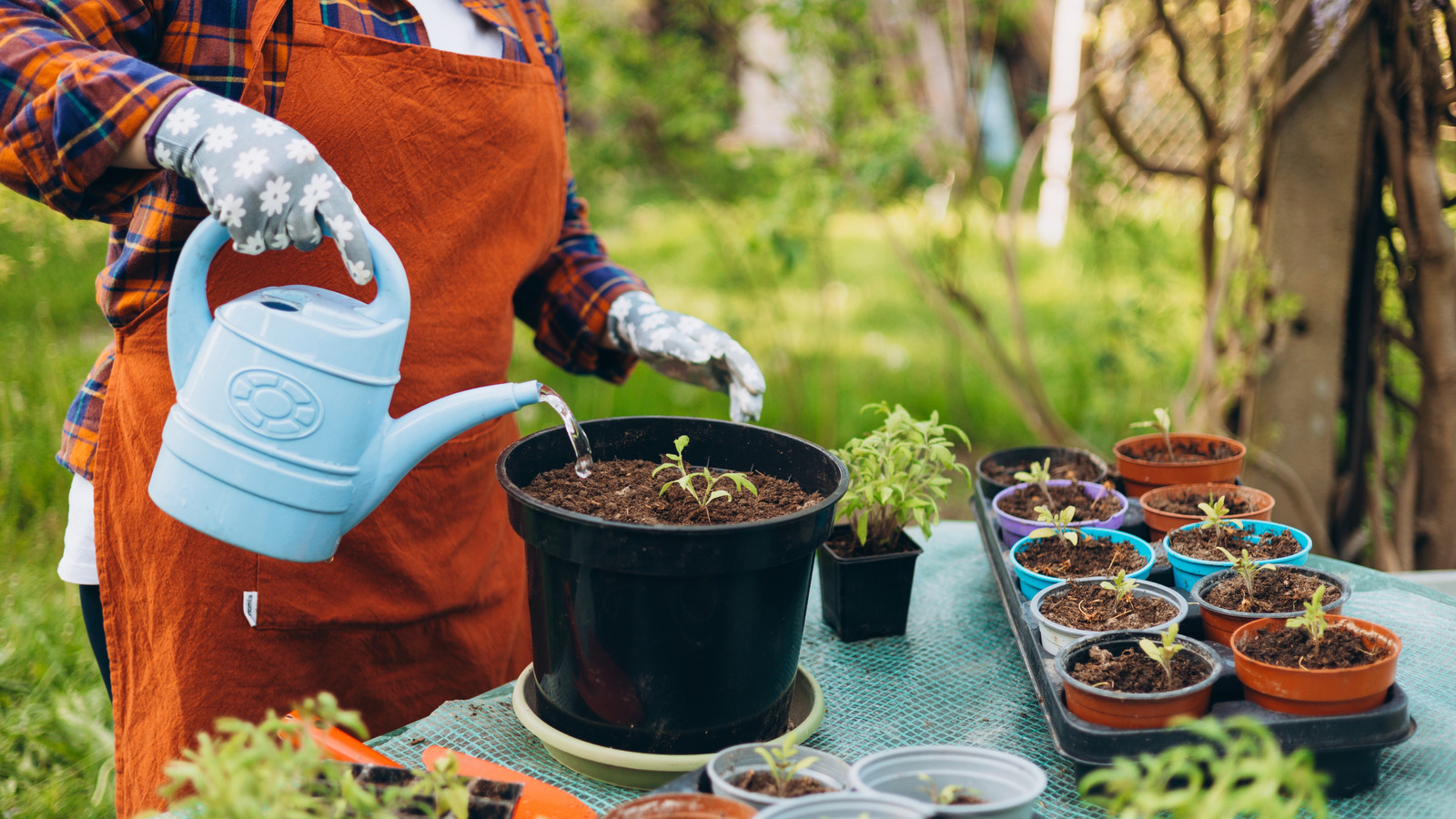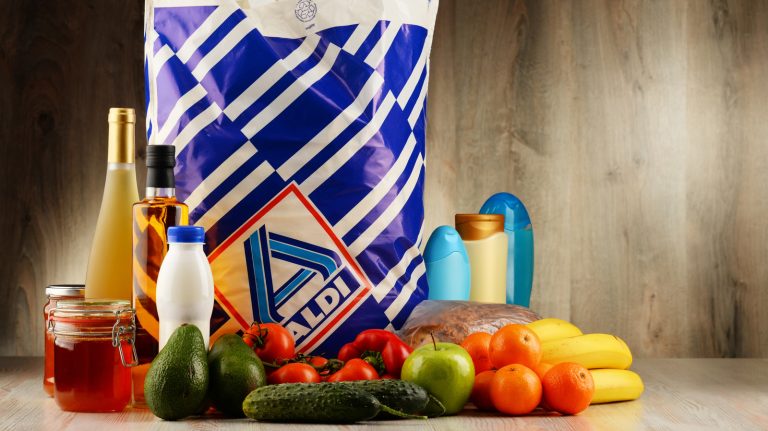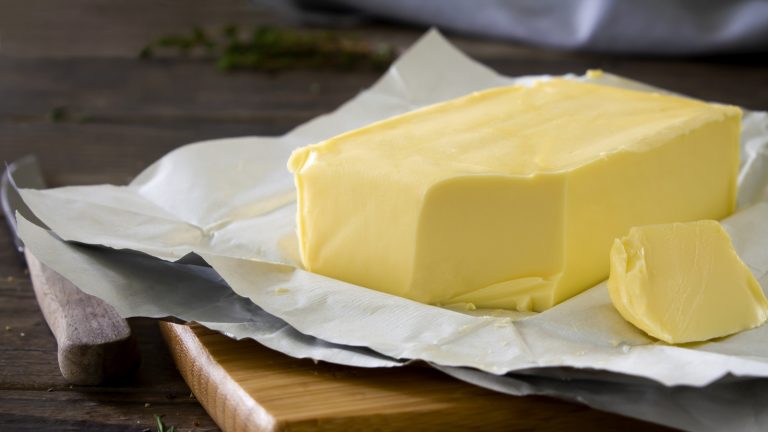Taking steps to reduce food waste gets a (deserved!) amount of attention — the numbers of just how much food we toss are staggering, after all. But water, as any elementary school kid learns, is a finite resource, and for those of us lucky enough to have clean water on demand, we can all do our part to make better use of what flows from our pipes. To take your eco-conscious game up a notch, while giving your garden a boost, stop pouring leftover cooking water down the drain after you’re done blanching veggies or boiling pasta — and use it to water your plants.
Raised beds, kitchen gardens, and potted plants are the perfect thing to soak up water you certainly wouldn’t drink or otherwise use up — like what’s left in a pot after rinsing grains, cooking noodles, or boiling broccoli. Not only is a pot of water from cooking food as good as any amount of water to keep plants hydrated, the process of cooking food infuses the H20 with beneficial nutrients plants will be more than happy to slurp up.
Even water that’s been used to rinse off rice gains nutrients and minerals, such as carbohydrates, and increased amounts of elements like zinc, iron, and potassium, which can be present in plain water in smaller amounts (or not at all, depending on source). This blend of macro and micronutrients is as important to plants’ health as it is to our own, and can work like a natural, free fertilizer to help everything from flowers to herbs to veggies grow healthier and thrive.
Make sure water is cool and unsalted before using on plants
Whether it’s a plot in the yard, a couple of raised beds, or an array of pots on the balcony, a garden is a gold mine for clever ways to repurpose household materials. If you’re already reusing old coffee grounds for compost and repurposing plastic takeout containers as planters, putting that leftover cooking water to use is the next logical tip to put into practice.
A research study conducted at Universitas Terbuka found that various types of what we might consider “waste water” can have a role to play in the garden. This waste water included water used to wash rice, water that contained monosodium glutamate (MSG), as well as water off put by an AC. All were found to help give fledgling plants a leg-up. (However, the use of “gray water” like from appliances can be trickier to get right, so we don’t recommend trying this at home.) Compared to watering with plain water, research noted boosts to plants’ height, leaf production, and the diameter of a plant’s main stalk.
Before you go tossing any leftover water onto your garden, though, there are a few important caveats. Most importantly, you’ll need to make sure your cooking water hasn’t been salted or oiled (definitely skip that briny water you boiled linguine in) and that it’s completely cooled off. Otherwise, you risk scorching or dehydrating delicate plant matter. Plain, unseasoned water, once cooled, though, can go straight to the garden via spray bottle, watering can, or right from the pot for a totally free natural plant fertilizer.






